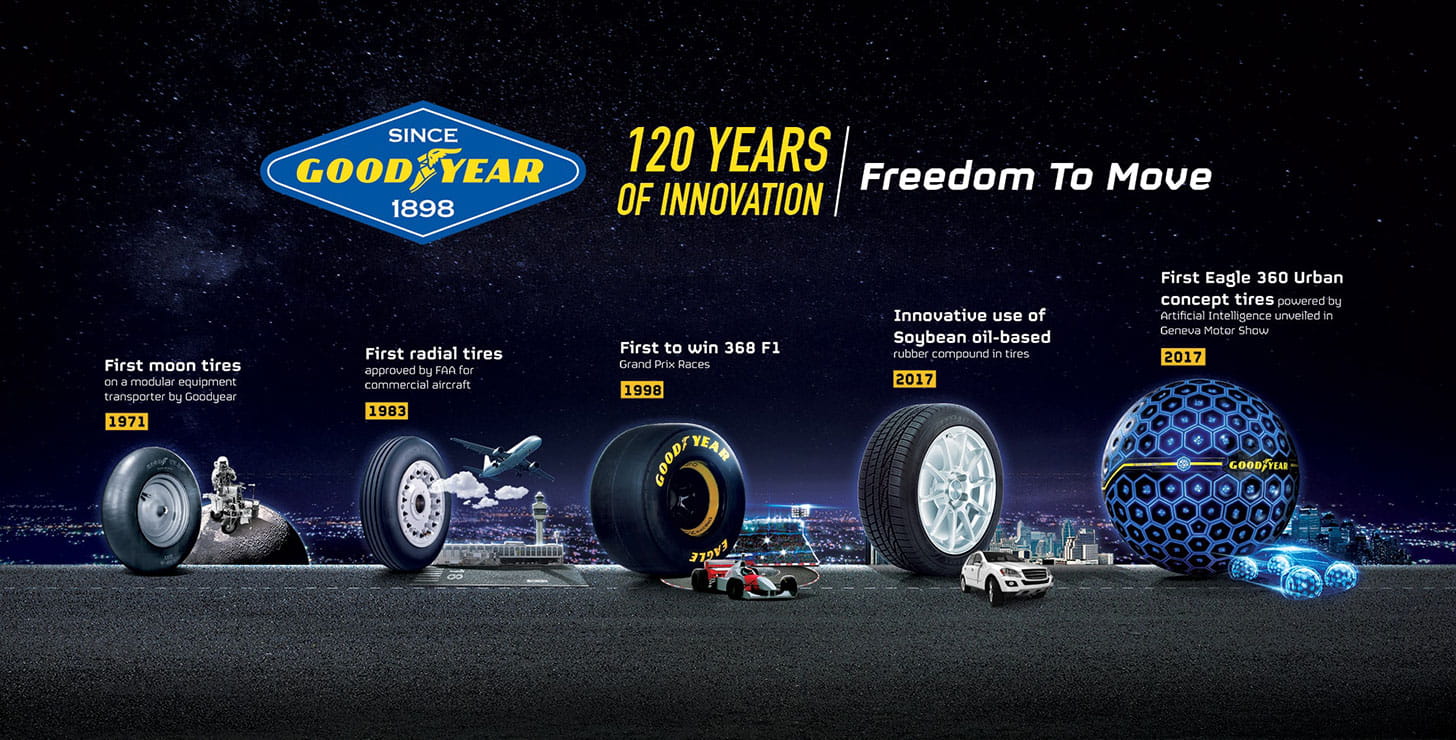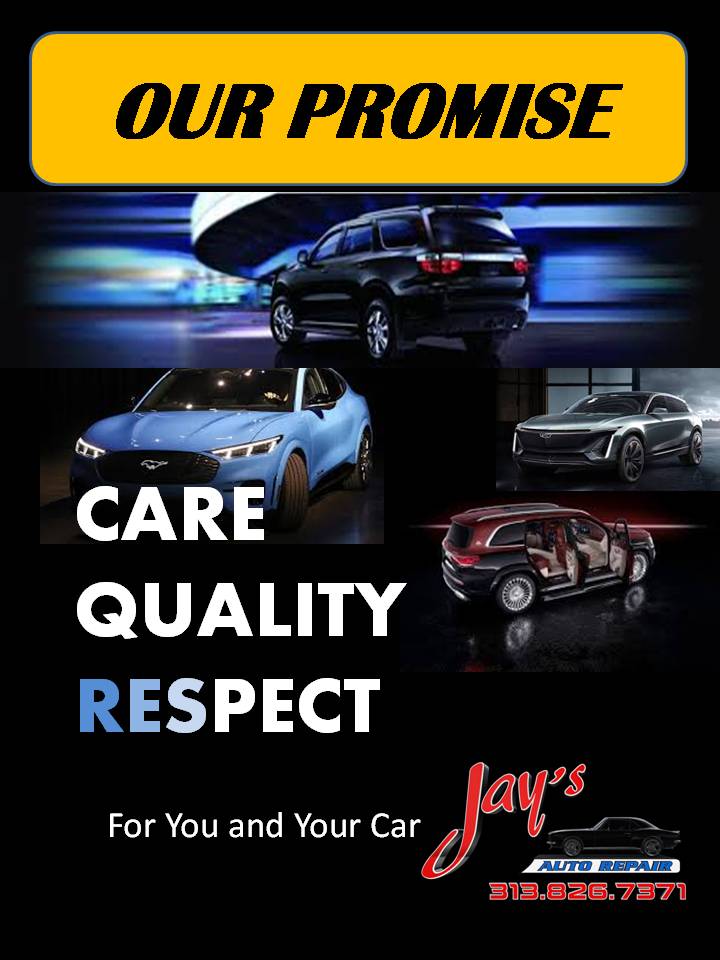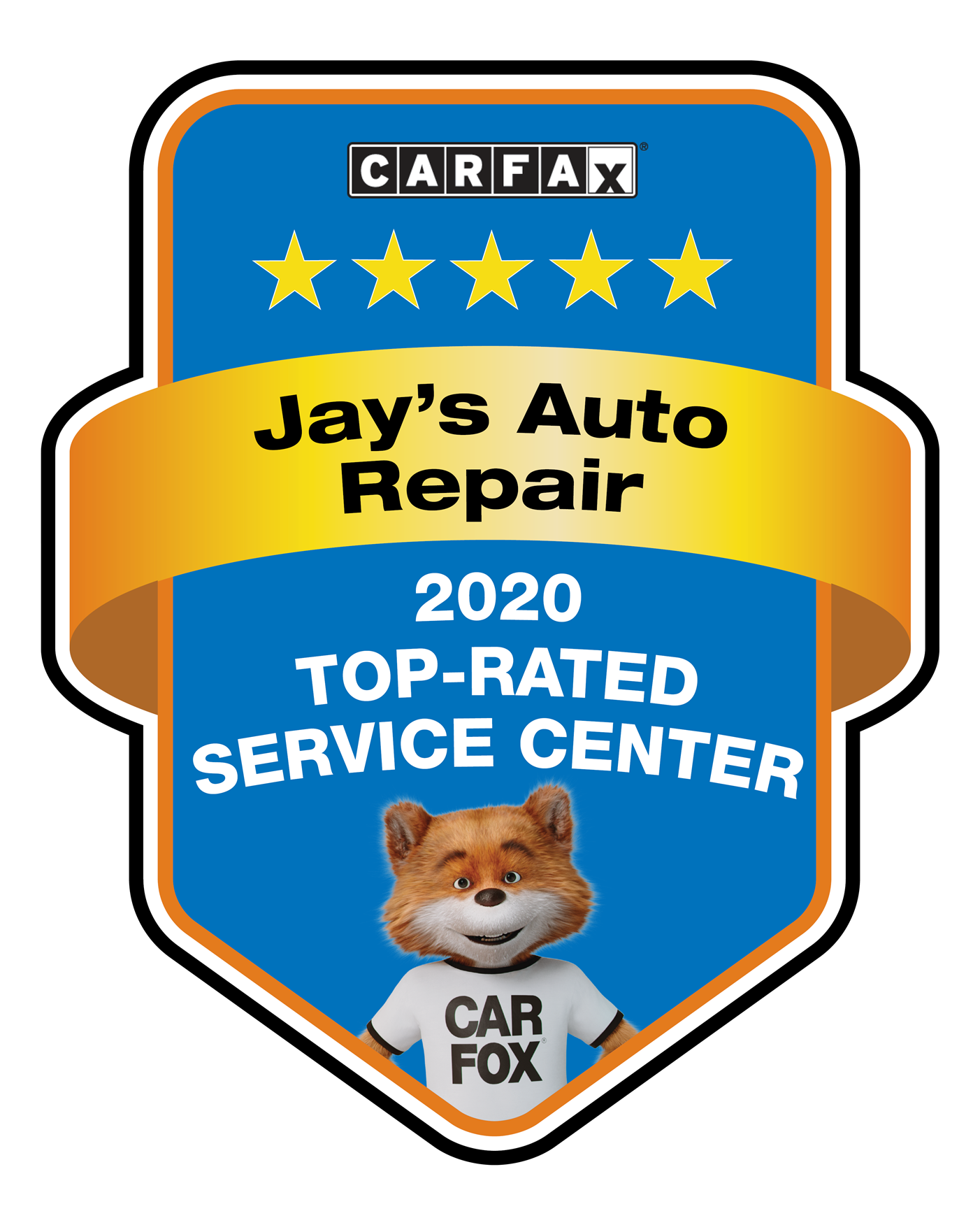Welcome To Jay's Auto Repair
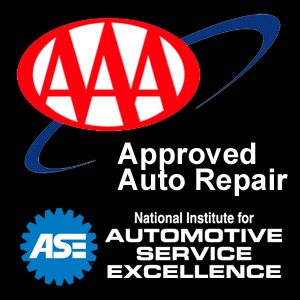
We pride ourselves for being Detroit's highest trusted vehicle service center, earned from showing utmost respect for you and your vehicle! At Jay's Auto Repair, we utilize the latest tools and the highest advanced technical training to deliver fast, expert, skilled repair solutions for all kinds of automobiles. Our ASE service technicians boast over 150 years of combined experience, capable of diagnosing all mechanical & electrical problems your vehicle may be experiencing, and fixing any issues with ease and efficiency!
In addition to the unparalled expert service Jay's Auto Repair provides, the care we present to our customers coupled with affordable pricing further sets us above the competition. Our dedication to the individual needs of every vehicle, expert repair technicians staffed, fast service provided, and huge savings are just some of the reasons why our customers have been loyal to Jay's Auto Repair from the start, returning time and time again for all of their vehicle service needs. Jay's Auto Repair handles all from big to small, everything from general maintenance such as tire rotations, oil changes, and brake pad replacement, to larger issues including transmission and engine problems.
Whether your automobile is in need of regular maintenance service, or the dreaded "Check Engine" light recently went on, just be sure to call Jay!
Mon - Fri:
07:30 AM - 05:30 PM
Sat:
07:30 AM - 02:30 PM
Sun:
Closed
Phone 313.826.7371
Fax 313.826.7375
Fax 313.826.7375
This is sample HTML code.https://www.surecritic.com/reviews/jays-auto-repair.rss


Understanding Your Vehicle's Braking System
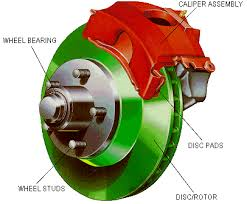
Understanding Your Braking System
Your vehicle's brakes receive a heavy amount of wear due to the nature of their job. Having bad, faulty, or worn parts in a vehicle's braking system is extremely dangerous! Since brake problems occur to all vehicles over time with use, regular maintenance is the only way to prevent your vehicle from being hazardous to operate. Regularly maintaining a vehicle's braking system will save big bucks as opposed to ignoring the issue and fixing parts only when they fail.
Most modern vehicles have what are known as disc brakes. Disc brakes are pressurized and when the driver employs the brakes it causes clamps, called calipers, to close down tightly on the disc, which is known as a rotor. The friction built from this pressure is what causes the vehicle to slow and eventually come to a halt. On the calipers are pads, known commonly as brake pads.
Brake pads wear down with regular use. Light braking and not "riding the brakes" can help to prevent brake pads from wearing down faster. These specialized pads come with sensors, which tell the driver they are worn down and need to be change by emiting a grinding noise.
When any of these parts fail, or when the brake pads become worn down and are driven on, the entire braking system is in danger. For instance, causing the brake pads to wear down entirely can damage the calipers, so a simple, cost-effective amount of regular maintenance can assure that a small problem doesn't become a huge one.
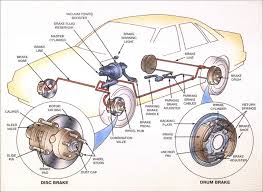
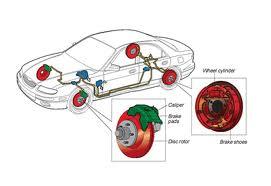
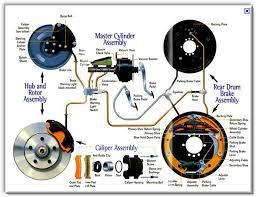
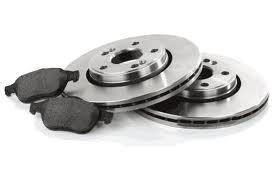
Understanding Your Vehicle's Engine and Transmisssion
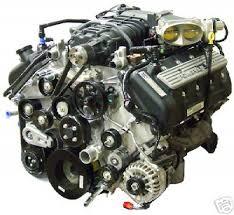
Engines and Transmissions
All parts of a vehicle are intricately put together with exact precision, every piece working to form a single machine, causing the automobile to drive and operate. Very few systems in a vehicle, however, are as detailed or mechanically complex as the engine and transmission. Due to the highly specialized amount of training, labor, tools, and parts engines and transmissions require for repair, both are notoriously costly to fix when something stops functioning. Knowing when an issue is beginning to happen in either your engine or transmission can save you in car repair costs.
Transmissions
Low transmission fluid or leaks is one of the most common, yet easily preventable, transmission problems, which when ignored, can cause a huge strain on the system, ruining the vehicle every time its driven. Checking these fluid gauges regularly and also looking for possible leaks are two practices which can save time, money, and hassle.
Torque Converter Problems are commonly caused when the needle bearings become worn or damaged. This issue can be detected by listening for strange sounding noises coming from the transmission when driving in gears. Another characteristic is that the noise will generally not be present when the vehicle is in neutral.
The flow of fluid through the transmission is regulated by the solenoid, and so if the solenoid malfunctions, transmission fluid may not properly move through the system. Issues with the solenoid may have the same characteristics that low fluid levels or fluid leaks may cause.
The clutch may jam, causing issues. The clutch is located within the torque converter, and when there is a jamming issue, the vehicle will shake violently, can cause high levels of heat from the transmission itself, and generally will produce a large drop in the electrical output of the engine.
Engines
A common issue encountered by motorists is when the engine won't start. The reasons that can cause a vehicle's engine to not start includes: Corroded or loose battery cables, ignition switch failure, clogged fuel filter, low or worn-out battery, starter motor relay failure, or a defective fuel pump. If the engine is making a clicking noise without cranking, this generally indicates a battery issue, however, if the engine cranks then most likely it is an ignition problem.
When the check engine light illuminates on a vehicle's dashboard, it can indicate several things. Most commonly, the check engine light will go on if there are spark plugs, or wires, that are worn out, the gas cap is loose or missing, the electronic control module fails, there is a defective distributor or coil packs, emissions issues are present, or there is an issue with the fuel quality used. Blue exhaust smoke coupled with the presence of the check engine light almost always indicates a fuel system fault which was caused by an engine oil leak. When the check engine light goes on in your vehicle, an ASE certified technician is able to retrieve the trouble codes from within the onboard electric control module, quickly diagnosing the issue for repair. For that reason, the quicker you have your vehicle serviced after the check engine light comes on the better!
Most issues which involve engine overheating are related to low coolant levels. Regular maintenance by checking and replacing the coolant in your vehicle can prevent dangerous overheating, allowing you to get more miles out of your engine overall. Frequent overheating, or overheating for an extended amount of time, can heavily damage an engine, requiring costly repairs or even full engine replacement. A cracked or blown head gasket is a common cause for engine overheating, generally detectable due to rapid coolant loss and white exhaust smoke. Other causes for engine overheaing include: Dirty coolant, dirty or old air filter, defective radiator cap, coolant leak, broken coolant fan, faulty thermostat, and a kinked or deteriorated radiator hose.
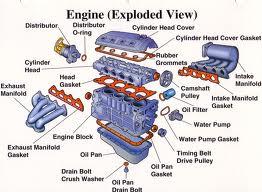
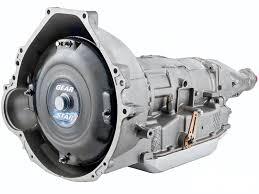
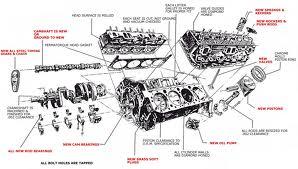
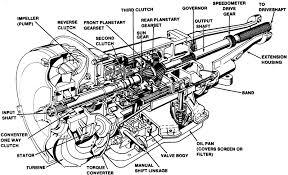
Understanding your Automobile
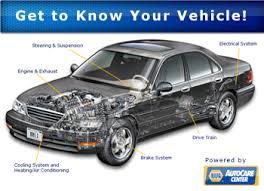
Understanding Your Automobile
Knowing how your vehicle works is essential to understanding when it needs to be repaired, how often general maintenance is required, and what to look for to detect malfunctioning in any of its systems. Another reason that understanding your automobile has to do with getting ripped off. Every industry sees a certain amount of corruption and unsavory practices, knowing the general operation of your vehicle can help drivers avoid unethical repair technicians who push services/repairs which are not needed.
Doing general research on the internet or through books, reading the owner's manual, and having a basic understanding of mechanics can help consumers to make sure the repair technicians they choose are honest about the work being performed.
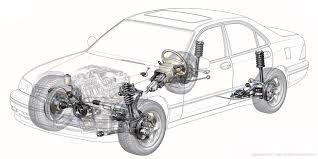
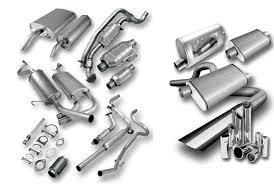
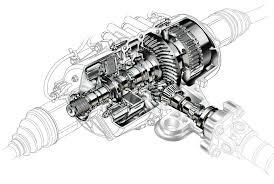
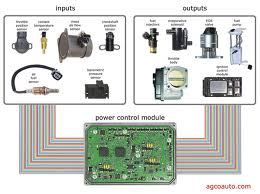
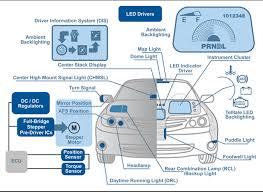
Don't Get Ripped Off..Know Your Vehicle!
